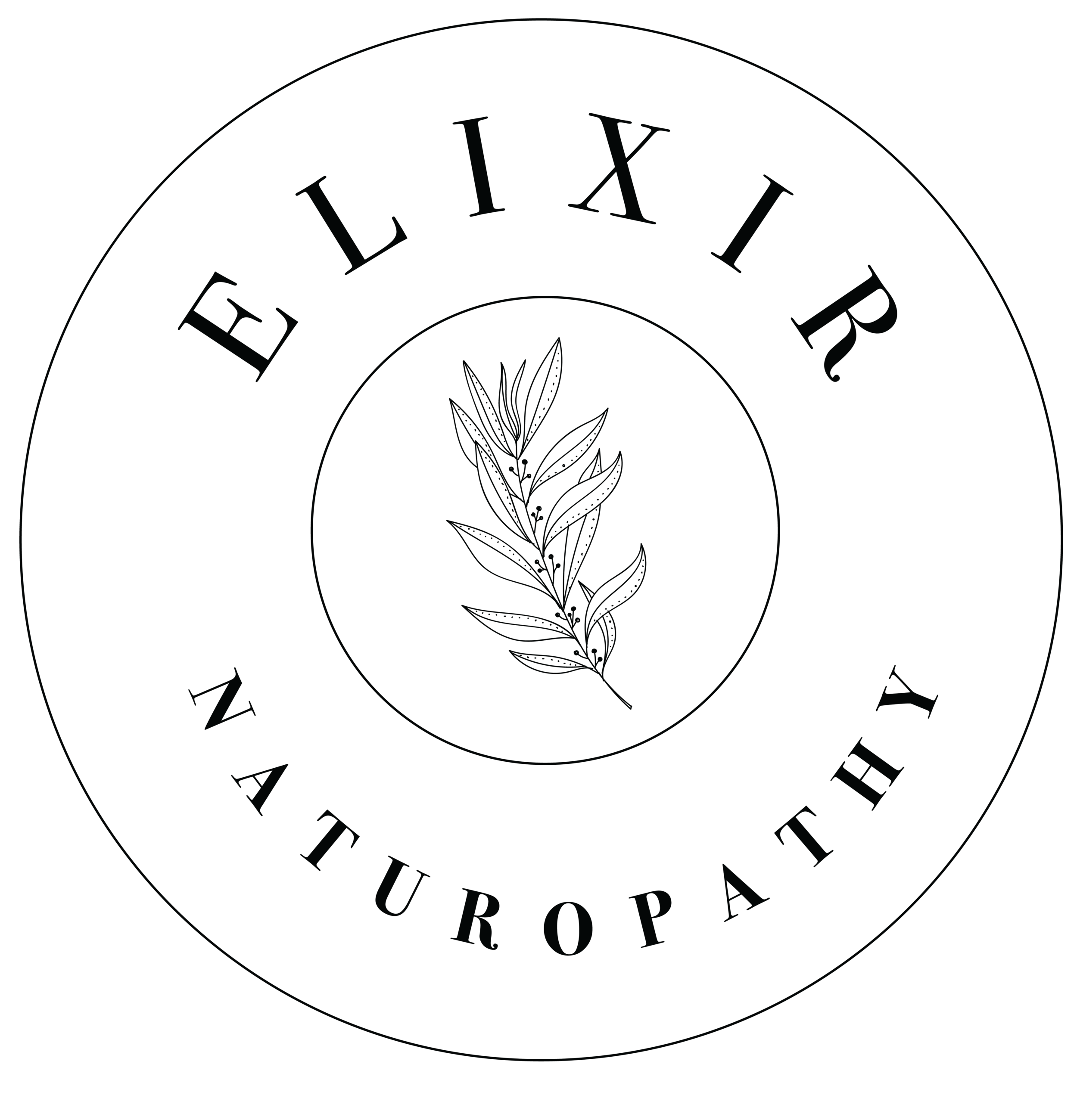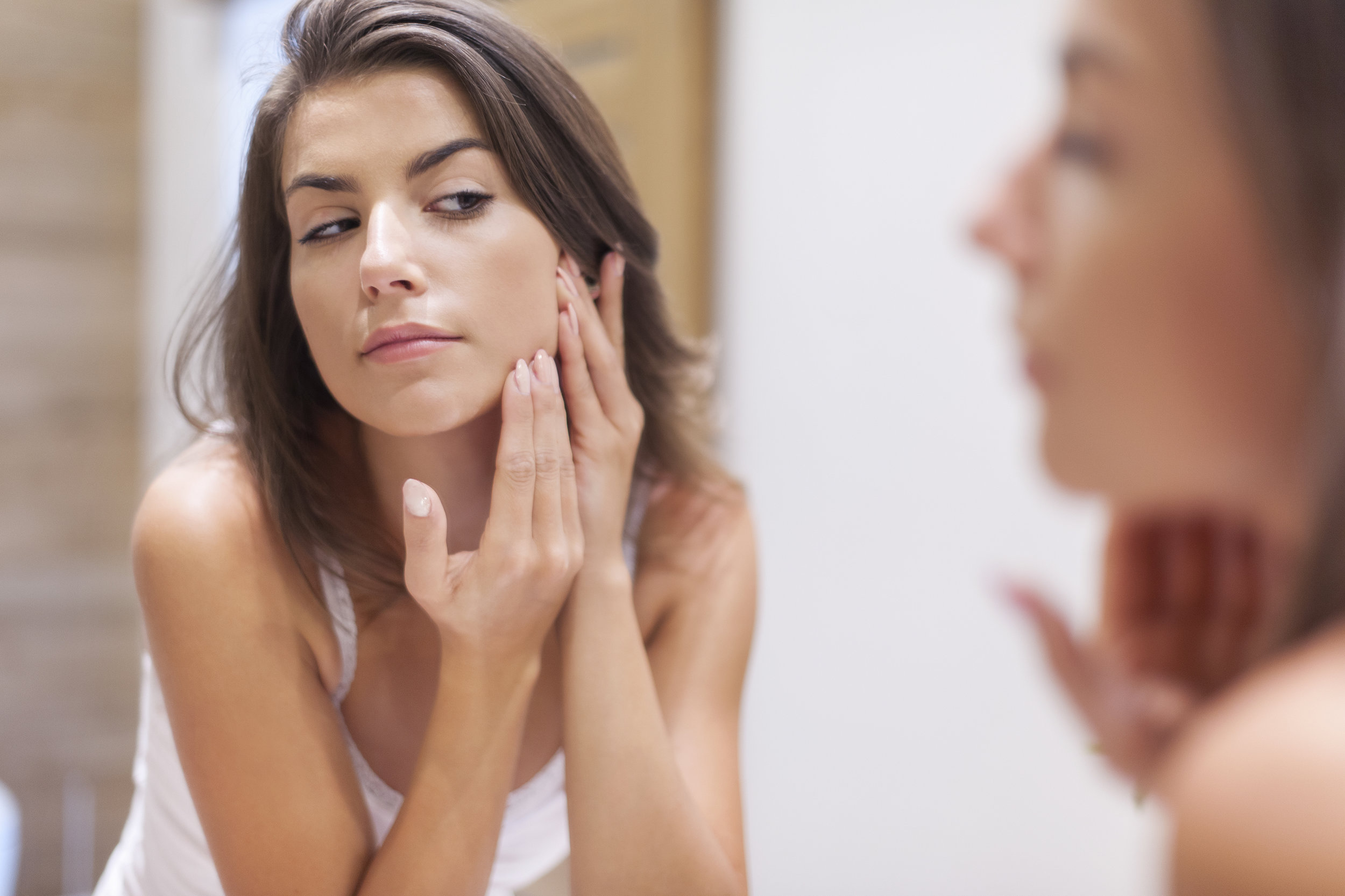Have Acne Prone Skin? Here are 4 Foods to Avoid
One of the most common questions I receive on a day-to-day basis is this: Why do so many of us still suffer from breakouts as adults? And what foods should we avoid to prevent acne?
I get it. Because nothing wreaks havoc on our confidence quite like having bad skin.
While hormones and stress are certainly the top factors that throw off the normal balance of your skin, the food we eat, and our diet can also have a massive impact on the appearance of acne. After all, as the saying goes – true beauty begins from the inside, out.
So in this blog, I’m going to dive into the 4 foods that are most likely to aggravate your skin and clear up the ever-muddy waters related to what we put in our bodies and highlight how you can best align your diet with the overall health of your skin.
Dairy
Whether lactose intolerance is a familiar story to you or not, I recommend avoiding dairy in general for those experiencing acne wherever possible. If you think about it, milk contains the hormones of a lactating cow. So it’s no surprise that it can throw off your own hormonal balance by pumping your body full of extras you just don’t need. Studies have shown that dairy – including milk, cheese and yoghurt – also increase sebum production and inflammatory prostaglandins, which exacerbates the effect of acne. This is thought to be due to the A1 protein found in dairy which stimulates insulin like growth factor 1.
Refined carbohydrates and sugars
Avoiding refined carbohydrates and sugars is the baseline of most healthy diets, but their downfall isn’t limited to just being associated with weight gain and inflammation. Both are known as high glycemic index (High GI) foods, which get broken down into simple sugars (glucose) and absorbed rapidly for energy.
To support this energy absorption, your body increases its levels of insulin, which in turn can increase androgen hormones including testosterone and human growth factor 1 – both proven to irritate and support acne.
Trans fatty acids
Not to be confused with the good fatty acids like Omega 3, Omega 6 are trans fats that are all about inflammation. They can be found in most Western diets in today’s world, in foods including meat, seed oils, and fried food.
While small amounts are okay, a lot of us have an excess of Omega 6 in our diets and are in Omega 3 deficit (you would have to eat the equivalent of a tin of sardines each day to reach your RDI), which drives the inflammation associated with acne.
Caffeine
Don’t worry, I’m not here to tell you to skip your morning cup of joe. Caffeine itself isn’t directly linked to acne prone skin, but there is evidence that it does impact on our hormone levels.
Caffeine can influence blood sugar levels, similar to refined carbohydrates and sugars, which can lead to the production of insulin and androgens. It also increases our stress hormone, cortisol, which decreases sex hormones like progesterone – otherwise known as the calming hormone that comes along during the second half of your menstrual cycle, giving your skin that natural, healthy glow and relaxing you.
I believe life shouldn’t be about deprivation, it should be a commitment to making overall healthier, better choices for your wellbeing. And trust me, there are a lot of delicious options out there that will keep your acne in check such as:
Cruciferous & allium vegetables – broccoli, cabbage and brussels sprouts all aid the metabolism of hormones and the body’s natural detoxification process.
Omega 3 fatty acids from fish as discussed above
Zinc rich foods – pumpkin seeds, oysters, organic grass-fed beef, nuts – to promote skin healing
Fat soluble vitamins A, D and E - fresh fish, green leafy veg.
Fibre rich foods – fresh whole fruit and vegetables (with the skin on), nuts, legumes and beans, wholegrains to ensure regulation of bowels and the healthy excretion of hormones.
My last piece of advice?
Listen to your body and become more in tune with what makes your skin feel good and what doesn’t. At the end of the day, we’re all different, so finding the right balance for you might not look the same as it does for everybody else. And if you need that extra little bit of support, work with a practitioner who can support your skin health.
Melissa Briggs is an experienced Brisbane based Naturopath with a particular interest in women’s health and thyroid disorders. Need help with your health? Get in touch here.


